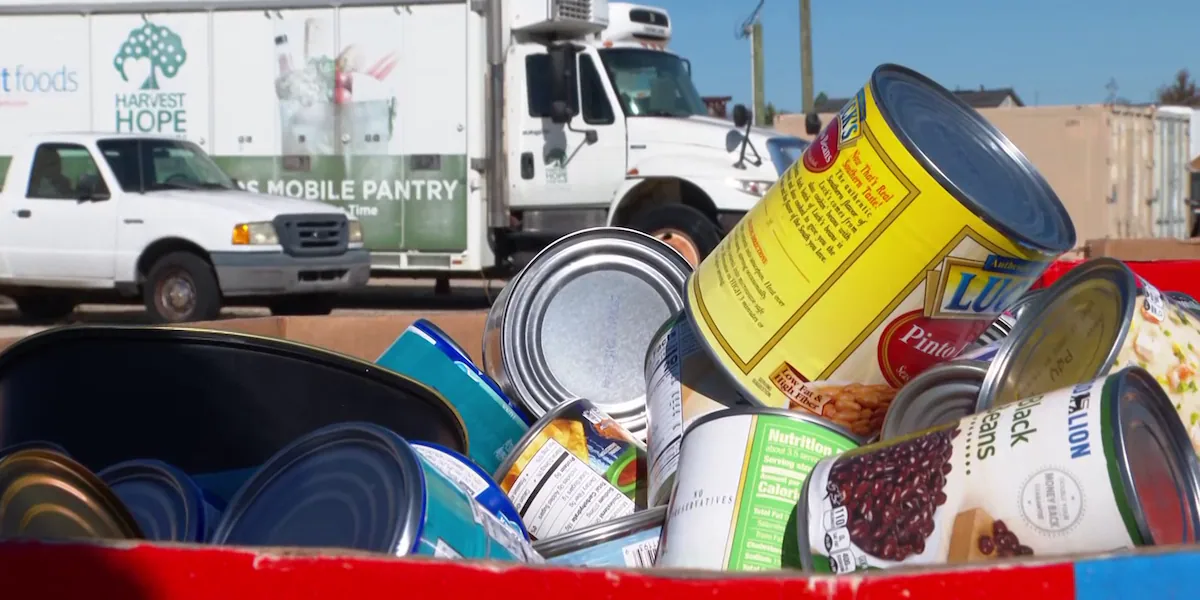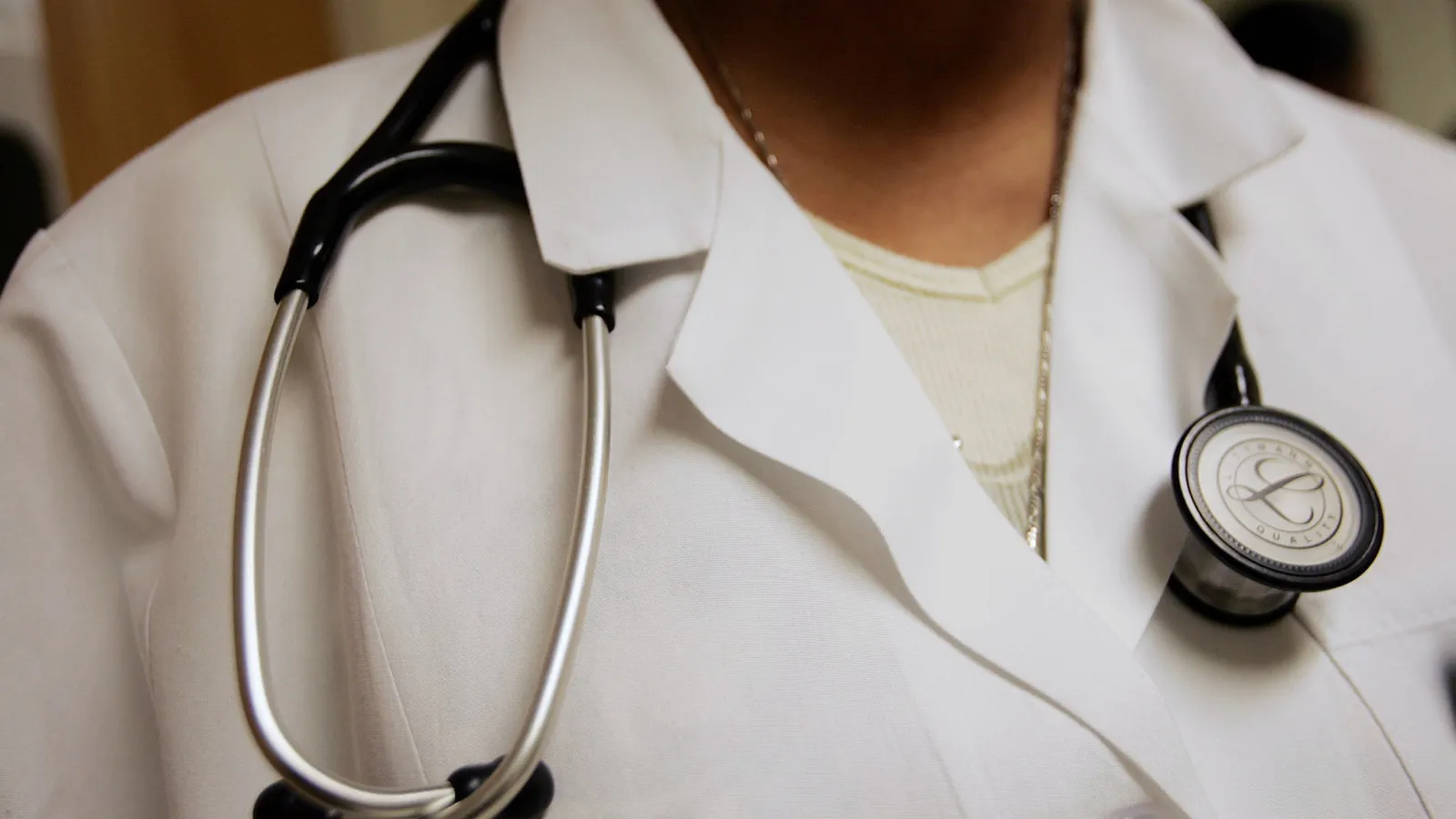Copyright WIS10

COLUMBIA, S.C. (WIS) - As lawmakers returned to the House of Representatives Wednesday to consider a measure to reopen the federal government, food banks in the Midlands are racing to meet growing need while millions remain without federal nutrition benefits. The funding bill expected to be debated would keep the government funded through Jan. 30 and, if passed, move to the president’s desk for signature. The partial federal shutdown entered its 43rd day tonight — the longest in U.S. history — and its effects are being felt across communities, including here at Harvest Hope Food Bank. “At a time when families are already stretched thin, we cannot step into SNAP and facilitate feeding 556,000 South Carolinians every single month,” Harvest Hope CEO Erin Rowe said. “This is not sustainable. We need elected officials to make decisions that are for the good of our country and our neighbors and not play politics with people and them being hungry.” Volunteers at a citywide food drive worked through the day to collect and distribute donations for people who rely on SNAP — the federal Supplemental Nutrition Assistance Program, formerly known as food stamps. Many SNAP recipients have not received benefits this month because of the shutdown. “Really, we’re working to pay the rent, you know, the bills and stuff. We don’t have extra left afterwards,” said Antisha Graham, who receives SNAP benefits. Her comments came as volunteers packed boxes and distributed food. National Guard members who have not yet received pay are among those helping at the food bank. “We’re currently having those conversations with the state guard and the governor’s office to make sure that we can be here as long as we’re needed,” said Maj. Gen. Robin Stilwell, South Carolina Adjutant General. Mike Rollison, a volunteer, summed up the community response: “It’s just part of serving the community and doing what the Lord asks us to do.” Analysts at advocacy groups in Washington, including Share Our Strength, say that if federal SNAP funding is restored, most participants in states like South Carolina who have gone without November benefits can expect to see payments within about a week — though timing can vary by state and by how quickly agencies process disbursal once funds are available. Harvest Hope serves hundreds of thousands of South Carolinians annually. CEO Erin Rowe said the food bank has ramped up operations to temporarily fill gaps in federal support but warned that long-term reliance on local donations to replace federal benefits is unsustainable. “This shutdown is creating a strain on every link in the charitable food system,” Rowe said. “We are thankful for the outpouring from the community, but the solution must come from policymakers restoring funding so nutrition programs can operate normally.” Feel more informed, prepared, and connected with WIS. For more free content like this, subscribe to our email newsletter, and download our apps. Have feedback that can help us improve? Click here.,



